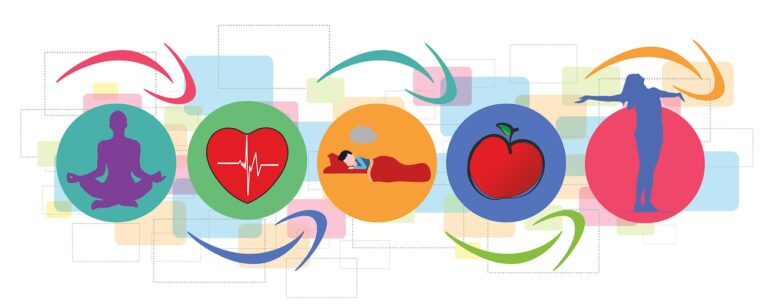The Benefits of a Whole Foods Diet
betbhai9 whatsapp number, play exch.in, lotus365.win new id:The Benefits of a Whole Foods Diet
In today’s fast-paced world where processed and convenience foods dominate the market, it can be challenging to prioritize whole, unprocessed foods in our diets. However, making the effort to incorporate more whole foods into our daily meals can have a multitude of benefits for our health and well-being. Here are some of the top reasons why a whole foods diet is worth considering:
1. Nutrient Density
Whole foods are packed with essential nutrients such as vitamins, minerals, antioxidants, and fiber. These nutrients are vital for supporting our immune system, brain function, digestion, and overall health. By choosing whole foods over processed alternatives, you can ensure that your body is getting the nourishment it needs to thrive.
2. Improved Digestion
Whole foods are easier for our bodies to digest compared to processed foods that are often high in artificial additives, preservatives, and refined sugars. By opting for whole foods, you can support your digestive system and reduce the risk of gastrointestinal issues such as bloating, gas, and constipation.
3. Weight Management
Whole foods are typically lower in calories and higher in fiber compared to processed foods, making them a great option for those looking to manage their weight. By filling up on whole foods like fruits, vegetables, whole grains, and lean proteins, you can feel satisfied without overloading on empty calories.
4. Increased Energy Levels
Eating a diet rich in whole foods can help stabilize your blood sugar levels and provide a steady source of energy throughout the day. By avoiding the spikes and crashes associated with processed foods, you can maintain better focus, concentration, and productivity.
5. Better Skin Health
The saying “you are what you eat” rings true when it comes to skin health. By nourishing your body with whole foods that are rich in antioxidants and vitamins, you can promote healthy skin from the inside out. Many whole foods also have anti-inflammatory properties that can help reduce skin redness, acne, and other common skin issues.
6. Reduced Risk of Chronic Disease
Numerous studies have shown that a diet high in whole foods is associated with a lower risk of chronic diseases such as heart disease, diabetes, and certain types of cancer. The combination of nutrients, fiber, and antioxidants found in whole foods can help protect against inflammation, oxidative stress, and other factors that contribute to disease development.
7. Environmental Impact
Choosing whole foods can also have a positive impact on the environment. Whole foods are typically less processed and packaged compared to their processed counterparts, resulting in less waste and pollution. Additionally, supporting local farmers and producers of whole foods can help reduce the carbon footprint associated with food transportation.
In conclusion, transitioning to a whole foods diet can bring a multitude of benefits for your health, well-being, and the environment. By focusing on incorporating more fruits, vegetables, whole grains, nuts, seeds, and lean proteins into your meals, you can nourish your body with the essential nutrients it needs to thrive.
FAQs
Q: What exactly qualifies as a whole food?
A: Whole foods are foods that are minimally processed and close to their natural state, such as fruits, vegetables, whole grains, nuts, seeds, and lean proteins.
Q: Is it expensive to eat a whole foods diet?
A: While some whole foods can be more expensive than processed alternatives, there are ways to prioritize whole foods without breaking the bank, such as shopping in-season, buying in bulk, and meal prepping.
Q: Can I still enjoy treats and indulgences on a whole foods diet?
A: Absolutely! It’s all about balance. You can still enjoy occasional treats while primarily focusing on whole, nutrient-dense foods for your everyday meals.
Q: How can I make the transition to a whole foods diet?
A: Start by making small changes, such as swapping processed snacks for fresh fruit or choosing whole grains instead of refined grains. Gradually increase the amount of whole foods in your diet as you become more comfortable with the changes.







